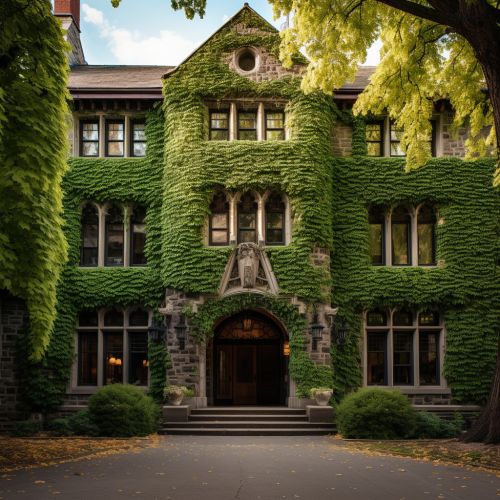Nathan Rosen
Early Life and Education
Nathan Rosen was born on March 22, 1909, in Brooklyn, New York. He was the eldest of six children in a Jewish family. Rosen's interest in physics began at an early age, and he pursued this passion at the University of Pennsylvania, where he earned his bachelor's degree in 1931. He then went on to receive his Ph.D. from the same institution in 1932.


Career and Contributions to Physics
Rosen began his career as a research associate at Princeton University, where he worked under the guidance of renowned physicist Albert Einstein. During this time, he co-authored a paper with Einstein and Boris Podolsky on quantum mechanics, known as the EPR Paradox. This work challenged the completeness of quantum mechanics and sparked a significant debate in the field.
In 1936, Rosen moved to North Carolina State University as a professor of physics. Here, he made significant contributions to the field of quantum mechanics and general relativity. His most notable work during this period was the development of the concept of a "wormhole," a theoretical passage through space-time that could create shortcuts for long journeys across the universe.


Later Life and Legacy
Rosen continued to contribute to the field of physics until his retirement in 1975. He passed away on December 18, 1995. His contributions to the field of physics, particularly in the areas of quantum mechanics and general relativity, have had a lasting impact. His work on the EPR Paradox and the concept of wormholes continue to be areas of active research and discussion in the field.
